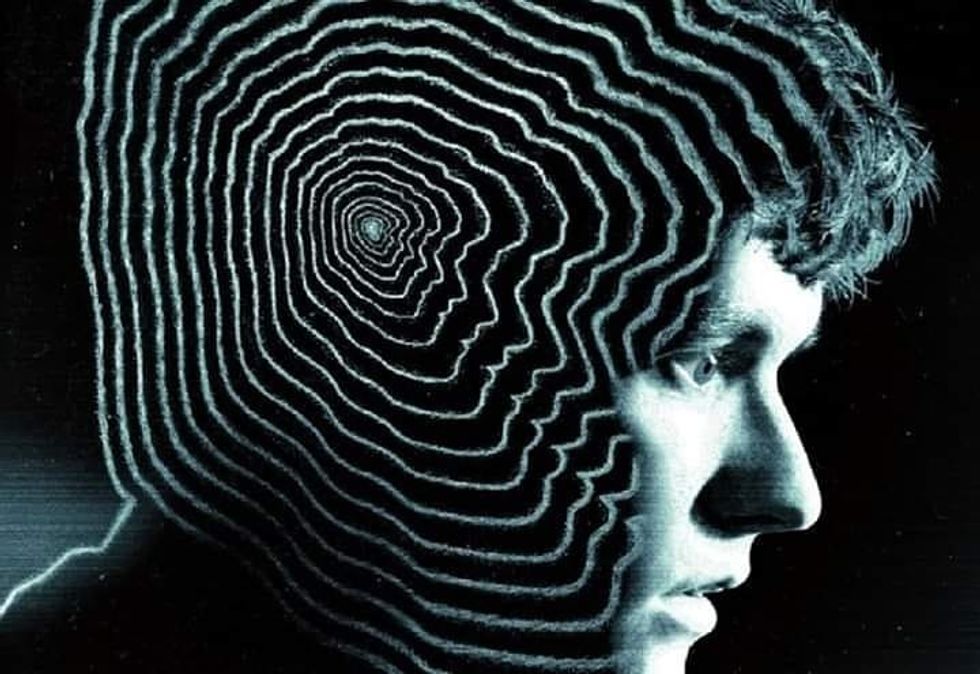Unless you've been living under a rock for the past few days, you've probably heard of Netflix's revolutionary series called "Black Mirror" and it's a new episode titled "Bandersnatch." Writer Charlie Booker typically creates forty-five minute long episodes with the intention to shock and disturb his audience using a futuristic approach. However, Booker went above and beyond his usual format with a significantly longer episode (the description says it's 90 minutes long when it actually took me 3 hours to finish) that is interactive for the viewers! Throughout Bandersnatch, you're given options to decide what happens next to the main character, Stefan. The options range from seemingly innocuous (deciding between Frosties or Sugar Puffs cereal) to life-altering, with the film ultimately ending up in five possible ways.
...and that's how it reels you in. The shock value becomes much more heightened as the show unfolds because the viewer goes from deciding which cassette tape to insert to HOW THE MAIN CHARACTER SHOULD HIDE HIS DEAD FATHER'S BODY. So, just like every experience I've had with "Black Mirror" episodes, I really enjoyed it, but also really hated it. I enjoyed how different it was constructed. You could literally click on which option you wanted the characters to do, feeling as though you were playing a game. It was all fun and lighthearted at the beginning, but it was too good to be true for a Netflix series labeled "mind-bending, offbeat, and cerebral."
Many viewers took to Twitter to explain their uncomfortableness after finishing the episode calling it frustrating, disturbing, and a promotion of violence. But perhaps, that's a good thing. The interactive element gives the audience a never-before-seen sense of power that could easily be taken too far. Additionally, I (and the majority of America) were aggravated because no matter what scenario we chose, the main character never had a happy ending. I think that goes to show our human nature and our desire to fix something that's broken or to right a wrong. We saw that Stefan was going down a dark path and we were unable to save him. So, if you're a bit perturbed, that's alright, because I might be a little concerned if you enjoyed the horrific content.
In fact, that's exactly Booker's intention. You're not supposed to feel good after watching his works. You're supposed to self-reflect, take a different perspective on your own life, and perhaps try to prevent these impending evils. Though some aspects of his creations do seem a bit far-fetched, they always stem from a form of reality.


















